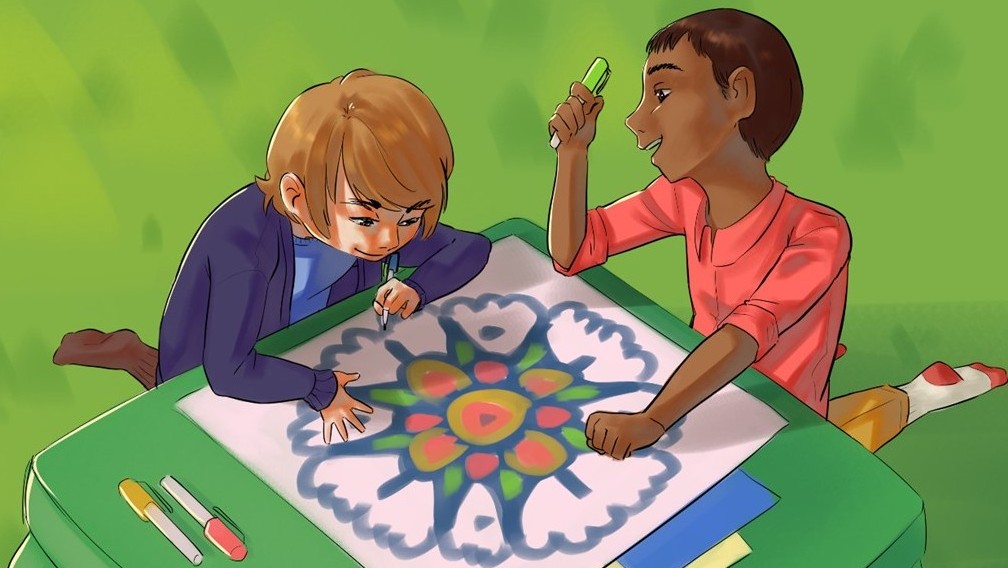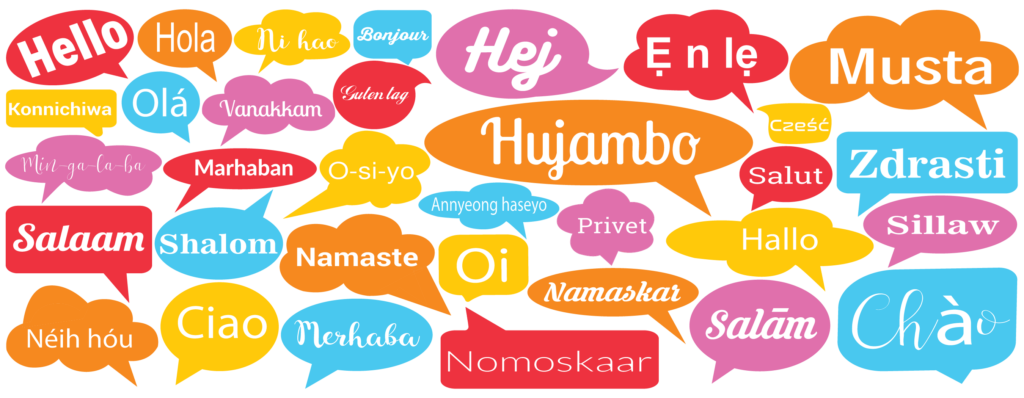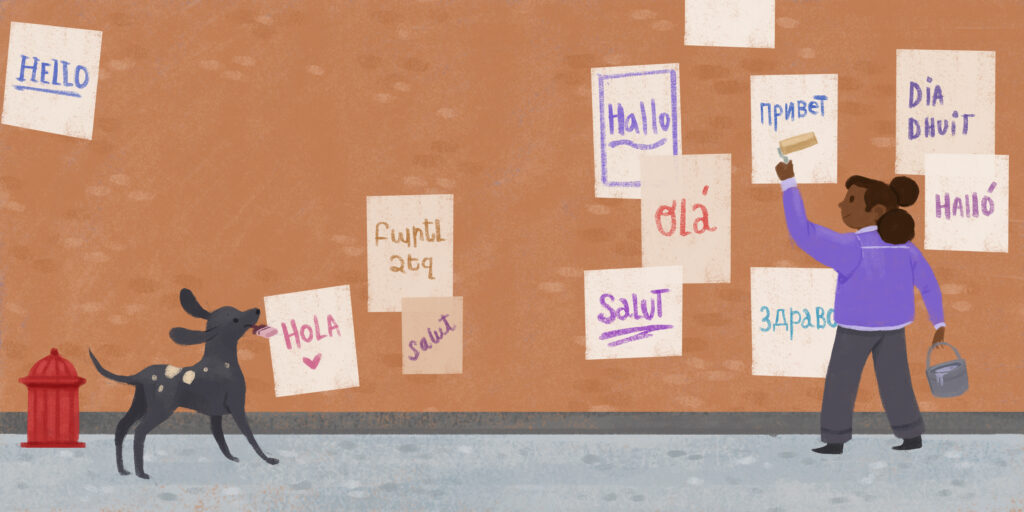One crucial aspect of teaching ELL (English Language Learner) students is vocabulary development, as language learners need a strong foundation of words and phrases to communicate effectively in English. No matter their proficiency level or age, having a solid vocabulary base is critical for improving reading, writing, speaking, and listening skills.
From context clues to word games, let’s look at different ways to teach vocabulary to ELL students so they can succeed in their language development journey!
Vocabulary Strategies
Vocabulary Exposure: Encourage extensive reading through bilingual books, newspapers, and magazines to expose learners to a variety of vocabulary in different contexts. For navigating figurative language, which can be challenging for ELL students, we offer an Idioms Book Set, which uses a straightforward and culturally relevant teaching approach.
Reinforcement through Activities: Engage students in vocabulary games, flashcards, puzzles, and word association exercises to reinforce learned vocabulary and increase retention. (Many of our books have fun extension activities such as word searches, memory games, crafts, and more!)
 Image from We Can All Be Friends
Image from We Can All Be Friends
Start with Cognates: Encourage students to compare and contrast cognates (pairs of words that sound alike and have similar meanings in two languages). This strategy facilitates vocabulary expansion, promotes language comprehension, and boosts confidence among ELL students.
Contextualized Learning: Teach vocabulary in context, using real-life examples, authentic materials, and situational conversations to enhance comprehension and retention. (Check out this blog post for oral language development activities.)

Utilize Technology: Incorporate interactive online tools, educational apps, and multimedia resources to engage learners and provide them with individualized vocabulary practice. Create a classroom media center or utilize an interactive learning tool such as the PENpal Audio Recorder Pen with recordable labels to allow users to build fluency.
Learn More
Read this article about Vocabulary Development by ¡Colorin Colorado! for even more strategies.

